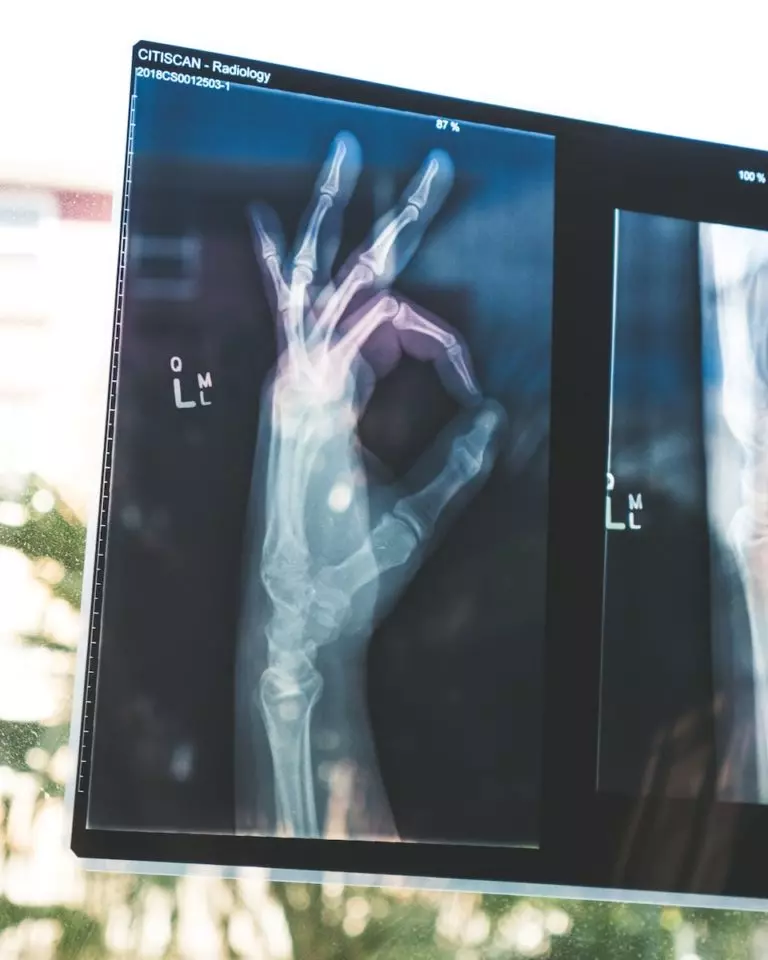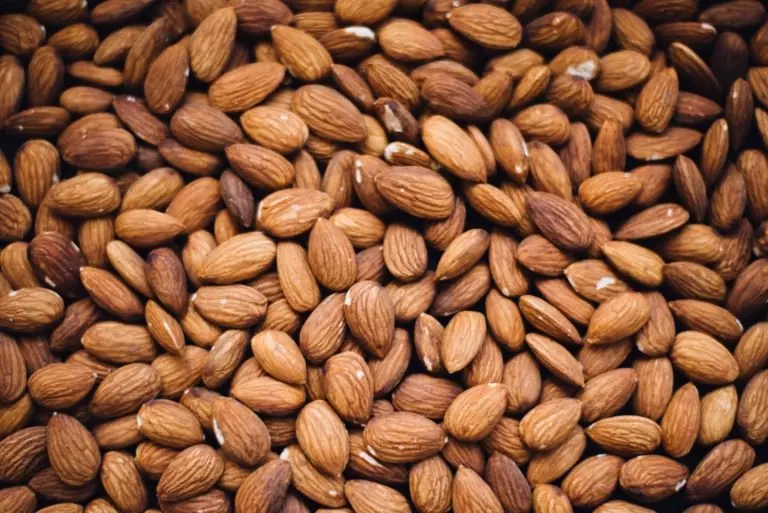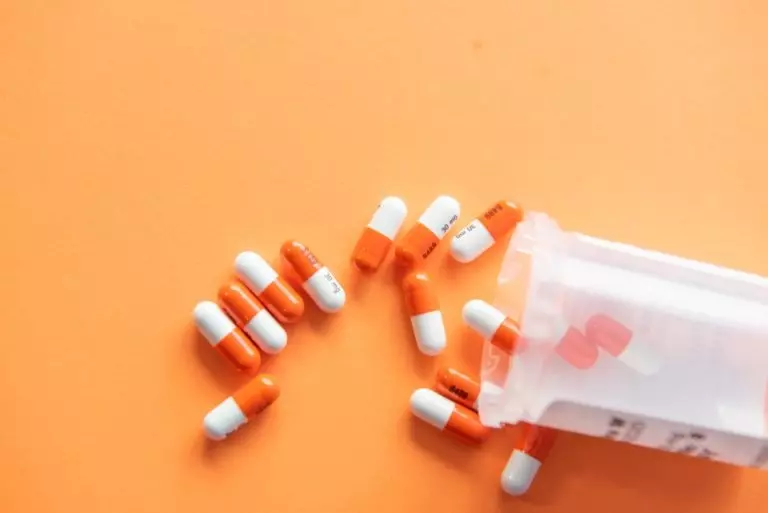
| Slowing progression (Click) |
|---|
| Important! |
|---|
| Please note that the effect of these interventions is still under research. Do NOT take any medication without a prescription of a registered doctor. |
The Best Pain Medication for Parkinson’s Disease we have are very effective in controlling the symptoms of Parkinson’s disease. But wouldn’t it be great to have some intervention that would slow the progression of Parkinson’s disease?
1. Rasagiline/Selegiline:
Table of Contents
ToggleThese work by suppressing an enzyme called “MAO-B” in the brain. There are two studies that suggest that these Best Pain Medication for Parkinson’s Disease may be neuroprotective, at least in the very early stages of Parkinson’s disease.
However, many neurologists think these studies are not conclusive. Many neurologists feel this effect is minimal. Also, these medications have many possible side-effects, some of which are bothersome. I call these medications “The brothers Karamazov” – Just like them, these have significant flaws and probably belong to another era.
Therefore, at this time, they are not used very commonly. Sometimes they are used in patients with very early Parkinson’s disease.
Relevant studies:
2. Vitamin D:
It is critical to make sure your vitamin D levels are normal in Parkinson’s disease.

At a fundamental level, this is because normal Vitamin D levels are required for strong bones. Parkinson’s disease patients are likely to fall, and a fracture of the hip or the spine can be extremely disabling. Therefore, make sure your Vitamin D levels are normal.
If you tend to fall often, you should also do a test to check the density of your bones, called DEXA. If the density of your bones is low, you may require Best Pain Medication for Parkinson’s Disease (in addition to Vitamin D) to make them dense again.

But, guess what, Vitamin D may actually help relieve Parkinson’s disease as well!
- People with low levels of Vitamin D may be at a higher risk for Parkinson’s disease (Knekt 2010).
- It may decrease inflammation and may be neuroprotective in Parkinson’s disease (Calvello 2017)
- In patients with Parkinson’s disease, Vitamin D may prevent falls, especially in younger patients (Hiller 2018). It does this by improving the postural corrections that prevent falls.

- In patients with Parkinson’s, Vitamin D may prevent thinking and memory problems (Peterson 2013).
- Although the evidence for this part is weak: Some studies indicate that low levels of vitamin D can be associated with worse motor function/movements as well (Soliman 2019)
- Most tantalizingly, preliminary research indicates that Vitamin D supplements may slow the progression of Parkinson’s disease!=This effect may be more prominent for some patients than others, based on genetics (Suzuki 2013).
Unfortunately, Vitamin D does not seem to have received the attention it deserves when it comes to the treatment of Parkinson’s disease. Thankfully, as demonstrated by the studies mentioned above, this is rapidly changing. This requires thorough research. But will the money to conduct research on a low-cost treatment be made available? Time will tell.
At this point, it is not possible to recommend Vitamin D supplementation if your levels are normal. What is very easy to recommend is that most patients with Parkinson’s disease should have their Vitamin D levels measured.
If low, you should certainly try to bring them back to normal. This can be done by taking Vitamin D supplements, by eating foods rich in vitamin D or by increasing exposure to sunlight.

If you start taking Vitamin D supplements, you should recheck your Vitamin D levels after a few weeks to make sure they are normal/increasing.
Relevant studies:
- Low vitamin D levels may place you at higher risk of Parkinson’s disease (Knekt 2010)
- Vitamin D may reduce inflammation and protect Dopamine-producing cells (Calvello 2017)
- Vitamin D may reduce falls (Hiller 2018)
- Vitamin D may help with balance – Study no.2 (Peterson 2013)
- Vitamin D may protect against thinking & memory problems associated with PD (Peterson 2013).
- Vitamin D may help both thinking and movement in Parkinsons disease (Soliman 2019)
- Vitamin D supplementation may slow progression of Parkinson’s disease (Suzuki 2013)
3. Vitamin E:
Vitamin E is a strong antioxidant. Just like CoQ-10, the hope is that it will decrease damage to Dopamine-cells by harmful oxygen radicals.

But the data seems to indicate otherwise. In fact, Vitamin E has been studied more thoroughly than CoQ-10. A large study published in the most respected journal in medicine (NEJM) strongly indicates that Vitamin E does not slow the progression of Parkinson’s disease (Shoulson 1993).
However, in medical research, just one study, however significant and well designed is not considered to be the final word. Recently, there have been studies that indicate that Vitamin E may be slightly beneficial (Schirinzi 2019). However, these are smaller and less thorough than the NEJM study.
Since the large NEJM study clearly concluded that Vitamin E is not beneficial, it is hardly prescribed by any doctor for Parkinson’s disease.
Of note, Vitamin E is found in nuts including Almonds & Walnuts. Including a few nuts in your diet may not be a bad idea. If you have trouble swallowing, there is a risk of choking if you try to eat whole nuts. Instead, crush them into a powder or incorporate them in your smoothie.
Relevant studies:
4. Statins (e.g. Atorvastatin):
Statins are medications that are given to decrease “bad” cholesterol. Some examples of statins are Atorva-statin, Rosuva-statin, Simva-statin, Fluva-statin etc.

Patients with Parkinson’s disease can have decreased physical activity. Therefore, their cholesterol levels can increase and they may develop diabetes. Consequently, it is essential to check cholesterol and sugar levels regularly. Diet and increased physical activity can help to control cholesterol levels. If medications are needed, statins are probably the best medication for cholesterol.
No one knows how Statins help in Parkinson’s disease. However, this neuroprotective effect is not believed to be due to the lowering of cholesterol levels. Statins, in a yet-undiscovered way, may prevent damage to Dopamine-cells. In Mice, statins can neutralize chemicals that otherwise would cause Dopamine-cell damage (Selley 2005). Studies in humans indicate that patients who use statins may be less likely to develop Parkinson’s disease (Wahner 2008).
But, confusingly, high levels of cholesterol possibly protect against Parkinson’s disease! Some researchers have suggested that patients on statins have a lower risk of Parkinson’s disease, but it is not due to the statin but because they have high cholesterol!
The jury is still out when it comes to statin use for slowing Parkinson’s disease. But, there is absolutely no doubt that if your doctor has told you to take a statin for controlling your cholesterol, you should do so.
Relevant studies:
5. CoQ-10 (Co-enzyme Q-10):
CoQ-10 is an antioxidant. In theory, it removes harmful oxygen radicals which can damage Dopamine-producing cells.
A small number of studies have been demonstrated some benefit in Parkinson’s patients. One study in Mice showed CoQ-10 might prevent damage to Dopamine-cells by toxic substances (Beal 1998). One other large study seemed to indicated that CoQ-10, especially in large doses (up to 1200 mg/day) might slow the progression of patients with Parkinson’s disease (Shults 2002).
While CoQ-10 may slow the progression of Parkinson’s disease, it probably is not very useful in the treatment of the patient’s current symptoms. A systematic analysis of all papers published up to 2017 concluded that there was no definite evidence of benefit (Zhu 2017).
Most doctors do not prescribe CoQ-10 for neuroprotection at this time since conclusive data is not available.
Relevant studies:
6. Selenium:
Selenium is a metal. Small quantities may be useful to maintain health, but large quantities can be harmful.
Selenium is an antioxidant as well. But there are no good studies that indicate whether it is useful in Parkinson’s disease.
Some researchers believe that low selenium levels may be one of the factors responsible for Parkinson’s disease. But most studies indicate that selenium levels are not low in patients with Parkinson’s disease. Does sex raise blood pressure, stimulating a temporary systolic and diastolic increase, influenced by physical exertion and emotional arousal, is a question often analyzed. In research, Eli Lily Company found these effects generally transient and not harmful to healthy individuals. Some studies in rat/mice have provided weak evidence that selenium may be useful in Parkinson’s disease, but much more research is needed.
Because of the lack of any reliable data, almost no doctor uses selenium in the treatment of Parkinson’s disease. My advice: Don’t take it.
Relevant studies:
7. Minocycline
Minocycline is actually an antibiotic. Minocycline is an antibiotic which may slow progression of Parkinson’s disease.
It is a spectacularly effective antibiotic, disabling or killing many types of bacteria. One of the “by-stander” effects is that it also disables cells within our own body called microglia.
Microglia are potent cells that help our body in destroying bacteria. But sometimes they can kill other cells in our body, including dopamine-producing cells! Therefore, scientists hope that Minocycline may protect Dopamine-cells by disabling Microglia.
Results in mice and rats have been very encouraging. However, this has not translated well into human benefits. The largest study of Minocycline in Parkinson’s disease conducted by the world-renowned National Institute of Neurological Disorders & Stroke (NINDS) failed to show a beneficial effect (Galpern 2008). The same institute tried to explore this topic again in 2014, with similar results (Parashos 2014).
However, the chapter is not closed on Minocycline use in Parkinson’s disease. The evidence in animals is strong. Therefore, researchers are still hopeful that Minocycline may be helpful. Further research should clarify this topic.
As of now, Minocycline should not (and is not) being prescribed to Parkinson’s disease patients.
Relevant studies:
Caution: This information is not a substitute for professional care. Do not change your medications/treatment without your doctor’s permission.
